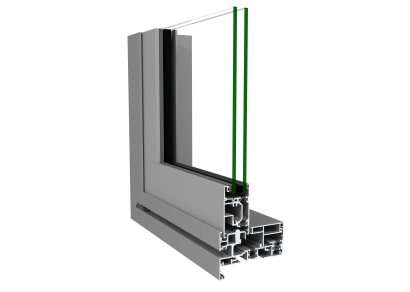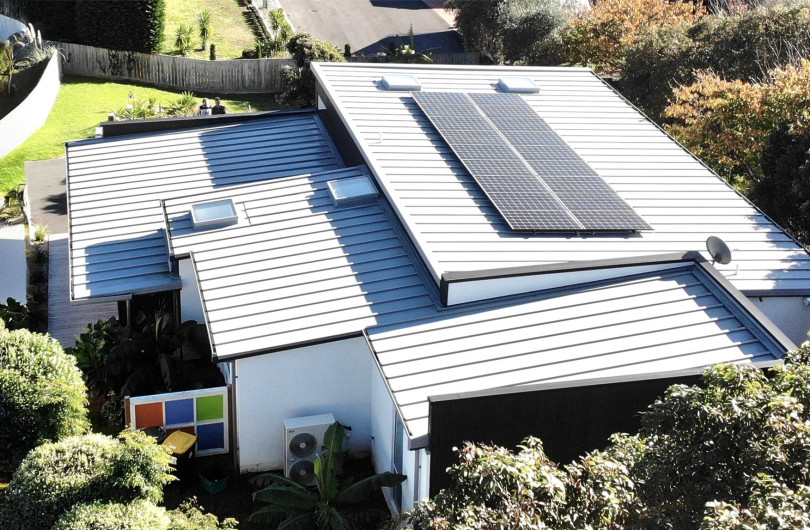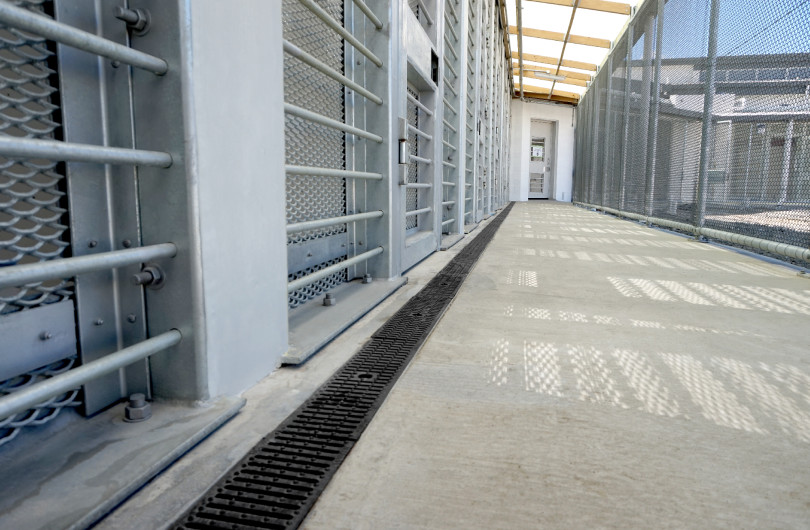An update from MBIE:
On 16 April 2019, Building and Construction Minister Jenny Salesa announced the opening of consultation on a suite of far-reaching changes to building law. These are the most significant reforms since the current Building Act was introduced in 2004.
The consultation is on proposals to improve the regulation of building products and methods, strengthen occupational regulation, look at how risk and liability are managed, reduce the building levy, and strengthen penalties for those who don’t comply with the law.
The consultation follows the Ministry of Business, Innovation and Employment’s work last year, talking to people across the sector to hear what they had to say about how the regulatory system functions. Those conversations revealed three common themes:
- Roles and responsibilities are not clear
- Information isn’t available when it’s needed
- It’s difficult to hold people to account for the quality of their work
The proposed changes aim to address these concerns.
Visit the building reform page on the MBIE website to read the discussion paper, learn more about the proposals, and have your say before 16 June 2019.
Highlights of the proposed reforms
The reforms will deliver safe and durable buildings, a high performing building sector, and an efficient regulatory system. They aim to lift quality in building products and methods to help make sure things go right the first time while changing risk and liability settings for fairer outcomes when things do go wrong.
Below is a summary of the proposed reforms across five major areas:
Building products and methods
- Clarify roles and responsibilities for building products and methods
- Require manufacturers and suppliers to provide information about building products
- Strengthen the framework for product certification
- Make consenting easier for modern methods of construction.
Occupational regulation
- Change the licensed building practitioners scheme to raise competence standards and broaden the definition of restricted building work
- Introduce a new licensing scheme for engineers and restrict who can carry out safety-critical engineering work
- Remove exemptions that allow unlicensed people to carry out sanitary plumbing, gasfitting and drainlaying work.
Risk and liability
- Require a guarantee and insurance product for residential new builds and significant alterations, and allow homeowners to actively opt out of it
- Leave the liability settings for building consent authorities unchanged
Building levy
- Reduce the building levy from $2.01 including GST to $1.50 including GST (per $1,000)
- Standardise the building levy threshold at $20,444 including GST
- Allow MBIE to spend funds raised by the building levy on broader stewardship of the building sector
Offences, penalties and public notification
- Increase the maximum financial penalties
- Set different maximum penalties for individuals and organisations
- Extend the time enforcement agencies can lay a charge from six months to 12 months
- Remove the requirement to publish key decisions in newspapers (information would still be published on publicly accessible websites and in the New Zealand Gazette)





























 Most Popular
Most Popular Popular Products
Popular Products


